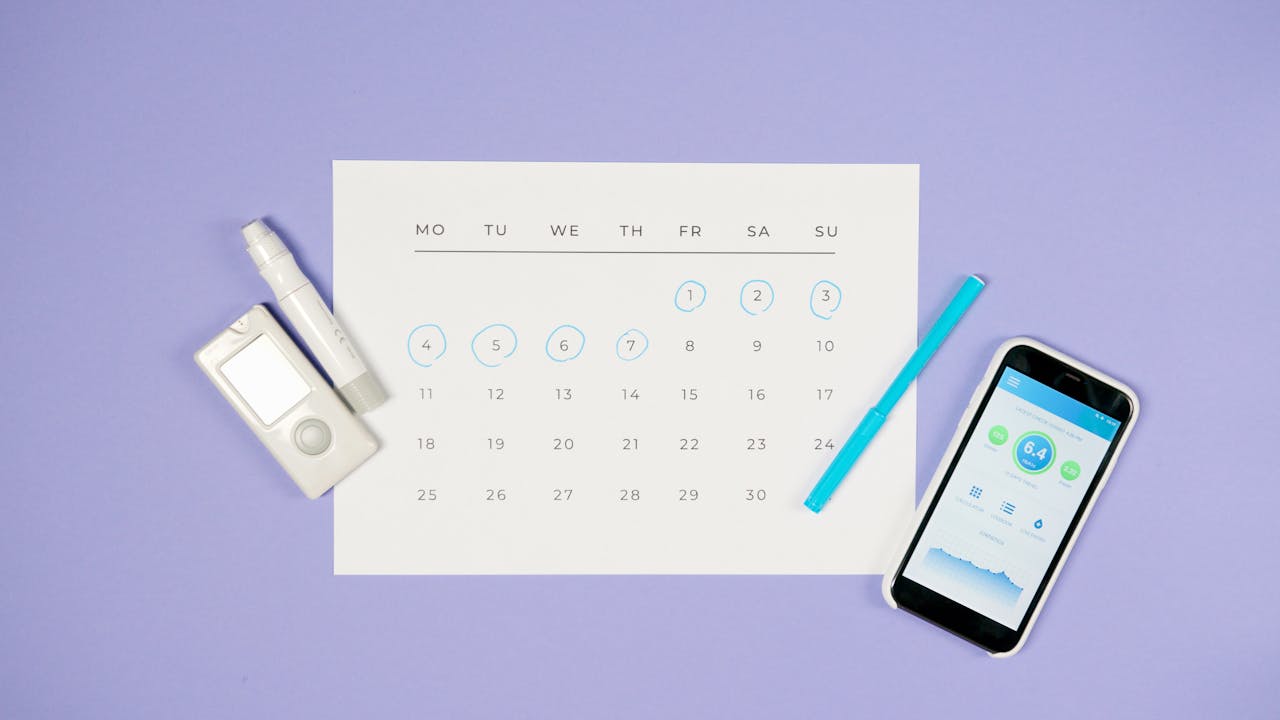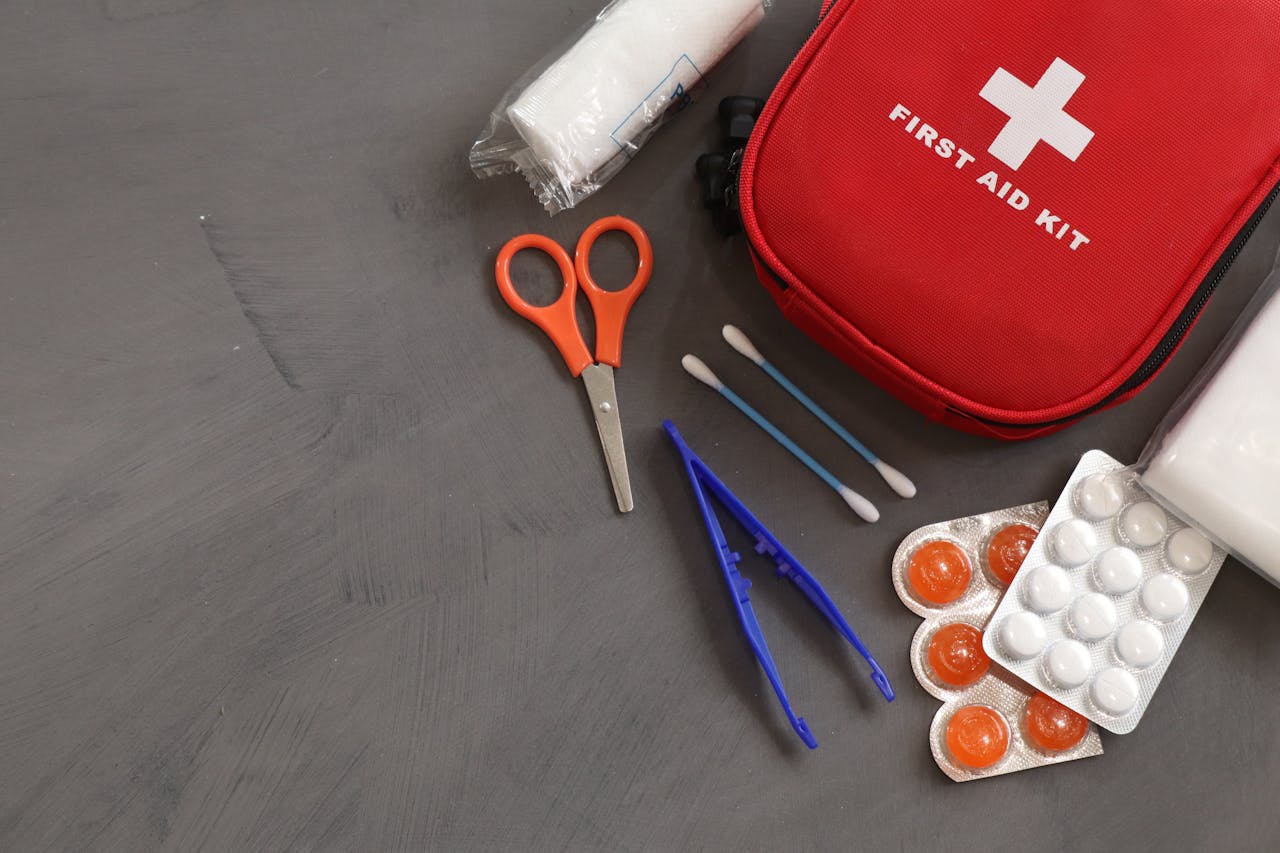Growing up is not only about grades and goals. It is also about everyday habits that make life smoother and safer. These eight skills save money, cut stress, and help you handle surprises without drama. You might not need all of them right now, but learning early gives you a head start when plans change. From meals to money to emergencies, these basics keep you steady. Think of them as a small toolkit you can reach for anytime at home, in class, at work, or on the road.
1. Budgeting and Money Basics

Know where your money goes before it disappears. Track income and spending each week, then choose limits for food, rides, and fun. Build a simple plan that pays yourself first by saving a small part of every deposit. Use one debit card, avoid impulse buys, and set alerts for low balances. Learn how interest, fees, and credit scores work, and check statements. A tiny habit today prevents debt later and turns small savings into real options when you need them most.
2. Cooking and Meal Planning

Being able to cook three or four simple meals can change your budget and your health. Learn to plan a week, shop with a list, prep ingredients, and store food safely so nothing is wasted. Make a few basics you love, like pasta with veggies, rice bowls, chili, and sheet pan chicken. Use leftovers on purpose, pack a lunch, and carry snacks so you are not stuck buying junk. Home cooking builds energy for school, sports, and work while saving real cash every month.
3. Time Management and Planning

Time is your most valuable resource. Start by listing everything on one calendar so deadlines and events are visible at a glance. Break big goals into small steps and block time for them on weekdays and weekends. Protect focus by silencing alerts and batching similar tasks. Allow buffer time so traffic or lines do not wreck your day. Review your week every Sunday, then adjust. A clear plan lowers stress and leaves room for friends, rest, and fun you can enjoy guilt free.
4. Communication and Conflict Skills

Clear words solve problems faster than long texts. Practice active listening, summarize what you heard, and ask a simple follow up question. Speak honestly without blame, and pick the right time and place for hard talks so people can hear you. When emotions run high, pause and breathe before you reply. In groups, share credit and give feedback that is specific and kind. These habits turn awkward moments into progress and earn trust from teachers, managers, teammates, and friends.
5. Digital Safety and Privacy

What you post and click can follow you for years. Use strong unique passwords and turn on two step sign in everywhere you can. Keep devices updated, check app permissions, and lock your phone. Be careful with public Wi Fi and never share codes or private details in chats. Search your name and clean up old posts you do not want found. Before you share a photo, ask if a coach or future boss should see it. Be picky with links and downloads, and back up photos and files to cloud or a drive. A clean digital trail protects future plans.
6. Basic Home and Car Care

Small fixes can keep life moving. Learn how to reset a breaker, shut off a water valve, and change a light bulb safely. Keep a clean filter in the air system and a plunger under the sink for quick wins. For a car, know how to check tire pressure, add air, read warning lights, add washer fluid, and call roadside help. Keep a simple kit with tape, gloves, and a flashlight. These basics prevent small issues from becoming big expenses. Learn to schedule oil changes and rotate tires on time. Simple upkeep now avoids breakdowns on busy days.
7. First Aid and Safety

Know how to handle common health issues before help arrives. Learn how to clean a cut, use ice, and spot signs of concussion, heat illness, and allergic reaction. Memorize local emergency numbers and save key contacts in your phone. Keep a small kit with bandages, pain relief, sterile wipes, and an inhaler if you need one. Take a class for CPR and bleeding control. Staying calm and prepared can protect you, your family, and your friends. Practice drills for fires and storms so your plan is automatic. Safety skills are a gift you never regret learning.
8. Career and Job Readiness

Start with a short resume that lists skills, school projects, service, and part-time roles. Practice a handshake, eye contact, and clear answers that show results. Before an interview, research the company, pick two stories that show problem-solving, and prepare a question to ask. Send a short thank-you note after. Learn how taxes and paychecks work, then set up direct deposit and a savings plan. These habits open doors and help you grow at every job you take.


